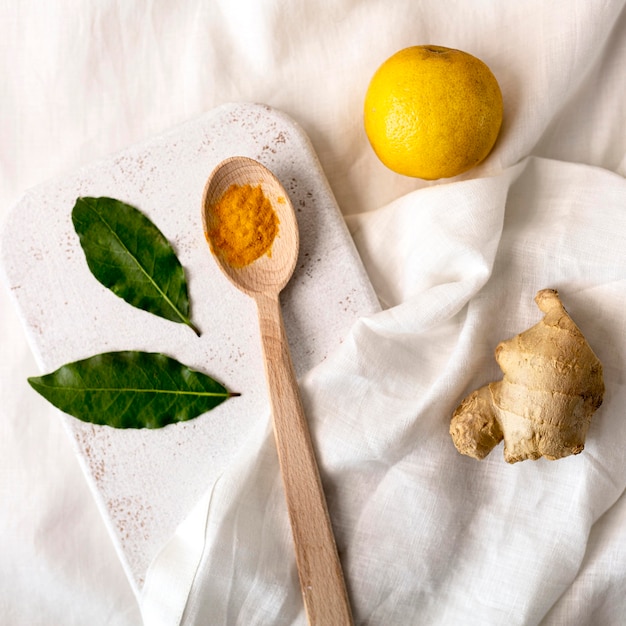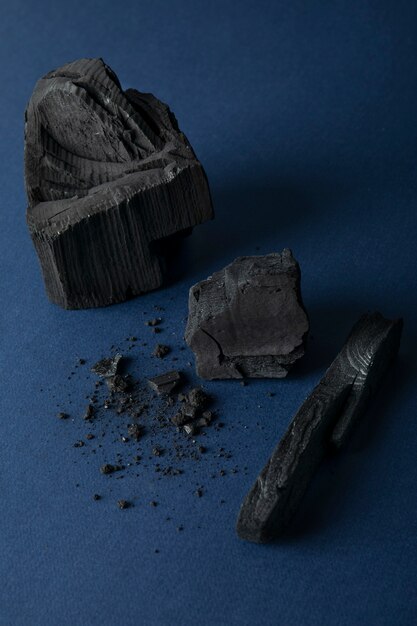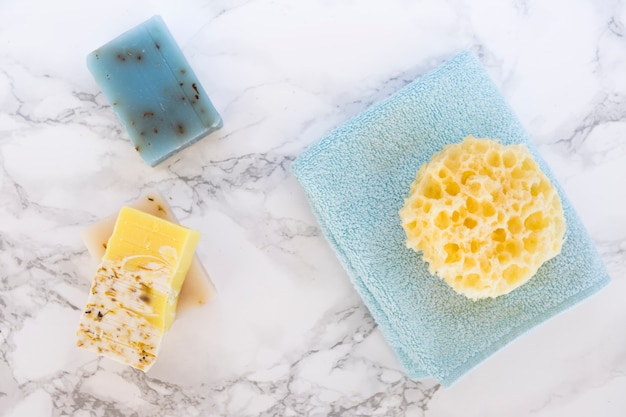
Turmeric, a plant from southwest India and part of the ginger family, is a staple in curry recipes. The roots, also known as rhizomes, can be used fresh or dried and ground into a powder. Known for its earthy aroma and slightly bitter, peppery taste, turmeric has been used in Chinese and Ayurvedic medicine for over 4,000 years to treat digestive issues, improve blood flow, and heal skin wounds.
Recent studies suggest turmeric, particularly its active compound curcumin, could be effective in treating and preventing various health conditions. Curcumin is known for its anti-inflammatory, antioxidant, antibacterial, antifungal, and antiviral properties.
Turmeric also offers numerous benefits for skin health. Here’s how it can help:
1. Speeds Up Healing: Clinical trials have shown turmeric can accelerate wound healing. In a study involving women who had caesarean sections, those treated with turmeric cream healed faster than those who received a placebo or no treatment.
2. Reduces Oily Skin: Turmeric cream can significantly decrease skin oil production. A 2012 study found that applying turmeric cream twice daily for four weeks reduced facial oils by nearly 25%.
3. Protects Against Sun Damage: Turmeric can prevent many adverse effects of UVB radiation, such as skin thickening, wrinkles, and loss of elasticity. This is likely due to its ability to inhibit matrix metalloproteinase-2 (MMP-2), an enzyme that degrades collagen in the skin.
4. Anti-Aging Benefits: Curcumin’s anti-inflammatory and antioxidant properties can counteract aging effects. Studies have shown that moisturizing creams with turmeric can reduce fine lines, wrinkles, dark spots, and changes in skin pigment.
5. Prevents Skin Cancer: Curcumin has been shown to selectively kill tumor cells and prevent pre-cancerous cells from becoming cancerous. It has demonstrated potential in treating melanoma, basal cell carcinoma, and squamous cell carcinoma.
6. Treats Chronic Skin Conditions: Curcumin can help manage eczema, psoriasis, scleroderma, rosacea, and other inflammatory skin diseases. It blocks NF-κB, a protein complex involved in inflammation, and improves collagen production while fighting free radicals.
To reap these benefits, you can incorporate turmeric into your routine in several ways:
– Oral Capsules: High-concentration curcumin supplements should be taken with black pepper or piperine for better absorption.
– In Foods: Adding turmeric to your meals can boost your intake, though the curcumin content is lower than in supplements. Use it in smoothies, soups, stews, and teas, and always pair it with black pepper or healthy fats to enhance absorption.
– Topical Applications: Applying turmeric directly to your skin can refresh and rehydrate it. You can buy turmeric cream or make your own masks and creams at home. Be cautious, as turmeric can temporarily stain the skin.
By incorporating turmeric into your diet and skincare routine, you can enjoy its many health benefits while enhancing the look and feel of your skin.



